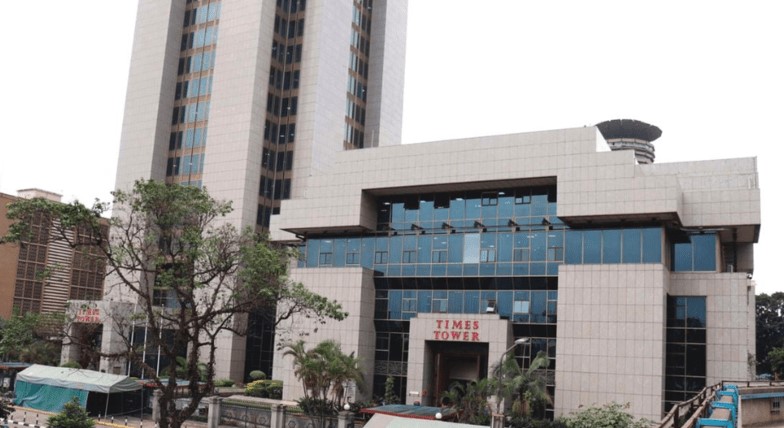Kenyans brace for higher taxes as new levies take effect

From February, salaried employees will face a doubling of their National Social Security Fund (NSSF) contributions.
Salaried Kenyans are gearing up for increased financial burdens following the implementation of new tax amendments signed into law by President William Ruto on December 11, 2024.
The changes, which came into effect on December 27, have revised key tax statutes, introducing higher levies that are set to impact the cost of living, consumer goods, and business operations.
More To Read
- KRA extends tax filing deadline by one day after taxpayers faced technical hitches
- KRA waives Sh165 billion in penalties as over three million Kenyans benefit from tax amnesty
- State slashes digital transfer tax to 1.5 per cent to boost tech sector
- KRA surpasses Sh2 trillion in revenue collection as growth hits 6.1 per cent
- Treasury targets foreign firms in public tenders with fresh tax proposal
- Kenya lost over Sh500 billion to tax waivers and corruption- report
The amendments to the Income Tax Act, VAT Act, Excise Duty Act, Miscellaneous Fees and Levies Act, and Tax Procedures Act have brought substantial changes, including higher VAT and excise duty rates.
From February, salaried employees will face a doubling of their National Social Security Fund (NSSF) contributions.
The contributions, which stood at Sh1,080 in 2023 and increased to Sh2,160 in 2024, will rise to Sh4,320 this year in line with the NSSF Act of 2013.
Minimum contributions to the National Social Security Fund (NSSF) are set to rise from Sh420 to Sh480, while higher-income earners will contribute up to Sh4,320.
The upper-income limit for contributions will increase from Sh36,000 to Sh72,000, with the lower limit adjusted from Sh7,000 to Sh8,000.
Employees earning Sh72,000 and above will feel the most significant impact, as their monthly deductions will double to Sh4,320.
For those earning Sh50,000 per month, contributions will be split into Sh480 for the first tier and Sh2,520 for the second tier, bringing their total monthly deductions to Sh3,000, up from Sh2,160. By 2026, their total contributions will amount to Sh12,000 annually.
The NSSF, established in 1965, initially required employees to contribute Sh200 monthly, with employers matching the amount under the existing law at the time.
Essential commodities
Essential commodities such as sugar, alcohol, and plastics will also see price hikes due to increased excise duty.
Retirees have also been affected, as the 15 per cent relief on contributions to post-retirement medical funds, previously capped at Sh60,000 annually, has been scrapped. This means retirees will now have to shoulder the full cost of these contributions.
Manager of Tax and Transfer Pricing at PKF, Kevin Chege, highlighted the most significant changes.
“There were notable changes to what we call the indirect taxes statutes; we are talking about the VAT Act and the Excise Duty Act. When we come to excise duty, we have seen a sharp increase in the excise duty rate of some of the services that are offered,” he said.
Chege also pointed to increased levies on imports, stating, “The other changes that came into effect that will highly likely increase the cost of living, here we are talking about the increase of the railway's development levy on imported goods, which has been increased from 1.5 per cent to two per cent.”
The digital sector is also undergoing significant changes, with the digital service tax being replaced by the significant economic presence tax.
The new tax will increase from 1.5 per cent to three per cent of turnover. Additionally, a five per cent withholding tax on digital platforms could affect earnings for individuals and businesses operating in this space.
Tax experts are urging Kenyans to take advantage of tax amnesty provisions to ensure compliance, warning that tougher economic times are ahead.
Top Stories Today











































